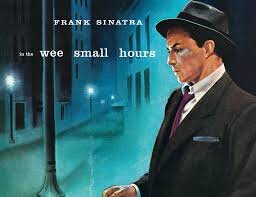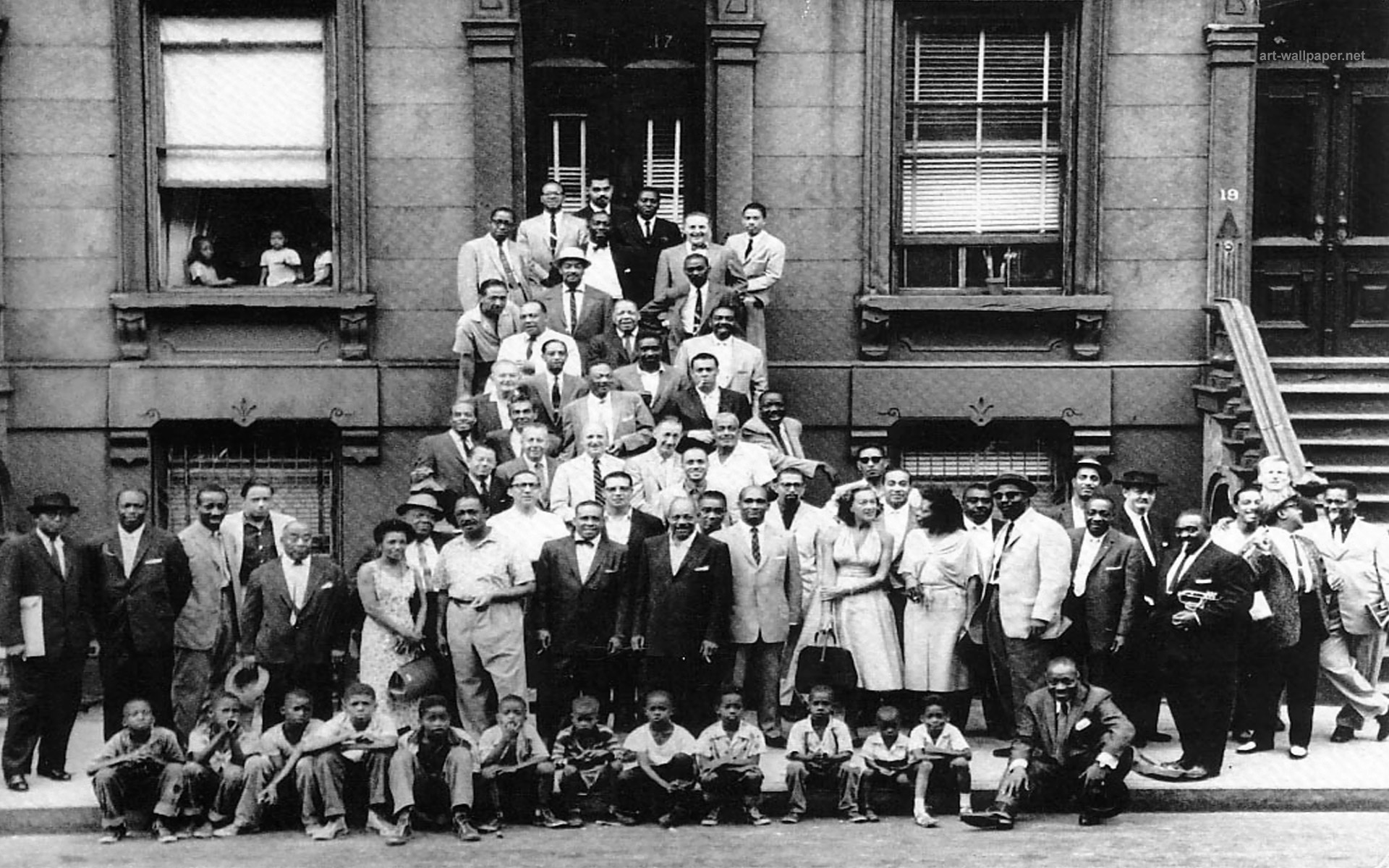Put that thing out Frank, you’ll wreck your voice!
If you’re here, you probably read the column I wrote for this month’s issue of DownBeat—if not, I suggest you pick up a copy (support music media!) and have a look. The gist of the piece is that instrumentalists can really benefit from learning the words to standards—not for any sentimental reasons, but because knowing the words helps you remember the melody, harmony, and form of the tune!
The purpose of this addendum is to share a playlist, which I’ve put together over the past few years, of some of my favorite versions of the kinds of recordings I talk about in the article—that is, relatively straight renditions by the great American midcentury pop vocalists.
As part of this project I also decided to put together the following graphic, which loosely (and subjectively! I welcome your disagreements!) places singers on a straight/loose continuum—with “straight” and “loose” referring to how closely he/she stays to the original written melody of the tune. You’ll notice some people show up multiple times to represent different stages in their careers, and of course most of these singers get much looser on their second time through the melody (though none as starkly as Ella Fitzgerald, who I thought deserved a special mention for it).
You’ll notice the left side is more populated than the right—this is just because I’ve spent more time listening to those singers (in order to learn the tunes), no disrespect meant to the many amazing jazz singers who take more liberty with the melody!
Regarding the “straight” vs. “loose” labels, don’t make the mistake of thinking that “straight” means unswinging—one of the great things about the experience of digging into all these recordings is discovering how ubiquitously and seemingly effortlessly they swing, even the most genteel versions. You get the sense it was just in the air back then, and as a musician you couldn’t help but absorb it.
Another thing I wanted to mention: you’ll find the quality of the lyrics themselves is… uneven. For every “This will be my shining hour, calm and happy and bright; in my dreams your face will flower, through the darkness of the night,” there’s a “You sew your trousseau, and Robinson Crusoe, is not so far from worldly cares, as our blue room far away upstairs” (or even “Hi-ho, alas, and also lack-a-day,” whatever the hell that means). Again, the main point of this process is to help you internalize the tune, so the odder—or in many cases out of sync with contemporary gender politics—the lyrics, the easier to remember (“but so hard to forget”).
Some singers are more heavily represented on the playlist than others (either because they recorded much more or because I just loved their singing), but I’m willing to bet that if you’re an instrumentalist like me, even a well-listened one, there are probably some people on here you’ve never heard, so I think you’re in for a treat. You can find the whole 340-song playlist here, or start listening below. (Google Music subscribers can go here.) Enjoy!
THANKS TO: my friend the late bassist Sanderson Poe, who loaned me his copy of Sinatra Sings for Only the Lonely and kicked off this whole process for me; Loren Schoenberg, who generously gifted me a stack of his Sinatra duplicates; my dad Philip Carey, who helped amass the LP collection that became the raw material for my compilation tapes; Bill Noertker, who confirmed the source of Jerome Kern’s “fraudulent imitation” quote; and my father-in-law Albert Perez, who suggested lots of great singers I hadn’t yet heard of.















